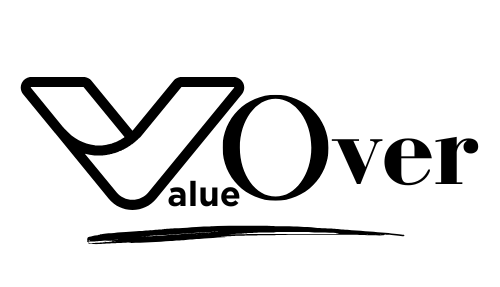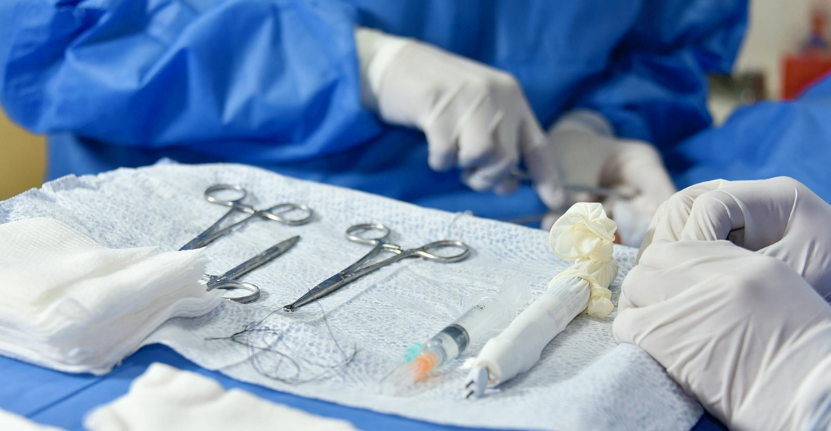What are surgical instruments?
Surgical instruments are special tools that help surgeons during surgeries. They do more than just cut and hold things. They have different jobs like controlling bleeding and helping surgeons see better during the operation. Some instruments, like needles, are very delicate. Others, like laparoscopic tools, are more complicated and used for surgeries with small cuts. Most of these instruments are made from strong stainless steel so they last long and can be cleaned well.Some are even disposable for improved hygiene and efficiency. Despite their varied appearances, each instrument plays a crucial role in the success of a surgery.
Common Surgical Instruments:
The surgery room has many special tools, each for a different job. Here are some of the ones commonly used:
- Forceps: These holding tools come in Different shapes and sizes. Some, like the Allis forceps, have teeth to grab onto tough tissues. Others, like the Babcock forceps, are smooth and are used for delicate parts.
- Scissors: From the strong Mayo scissors for thick tissue to the gentle iris scissors for stitches, these cutting tools come in different types for careful cutting.
- Retractors: These tools keep tissues apart, so surgeons can see clearly during the operation. They come in different shapes and sizes for different uses.
- Needle Holders: These hold needles during sewing in surgery, helping doctors stitch tissues carefully and accurately.
- Scalpels: These sharp tools have different shapes for different cutting jobs, like making the first cuts or carefully cutting delicate parts.
Doctor’s tools for surgery are like special helpers! There are two kinds, one is the throw-away ones you use once and then throw away(Disposable), and ones you clean and use again. Each type has good and bad points, so doctors choose carefully. They want to keep patients safe, save money, and be nice to the Earth.
Disposable Surgical Instruments
Disposable surgical instruments, as the name suggests, are designed for single-use and are discarded after a single procedure. They offer several distinct advantages:
- Sterility: Throw-away surgery tools are the best choice when it comes to keeping things super clean. Each tool comes in its own special package and is already germ-free. This is especially important for surgeries where getting an infection is very dangerous, like when doctors put something new inside a patient or when the patient’s body is already fighting hard.
- Convenience: Those throw-away surgery tools save doctors a lot of time! They don’t need to be cleaned or sterilized, so doctors can start the surgery faster. This is really useful in busy operating rooms where time is really important.
- Reduced Risk of Instrument Damage: The more you use reusable surgery tools, the more they wear out. This can make them not work as well and could even hurt patients. Throw-away surgery tools are used only once, so there’s no chance of them getting broken or not working right during surgery.
- Elimination of Reprocessing Costs: Throw-away surgery tools don’t need all that cleaning and checking! This saves hospitals money because they don’t have to pay for people, machines, or special supplies to clean, sterilize, and make sure the tools are safe every time.
However, despite these advantages, disposable surgical instruments also have several notable drawbacks:
Environmental Impact: One big worry about throw-away tools is their environmental impact. Making and throwing away plastic tools adds to pollution and fills up landfills. Hospitals are under pressure to be eco-friendly, and using many throw-away tools raises concerns about long-term environmental damage.
Cost Considerations: Disposable instruments may seem cheaper initially since you don’t need to clean them, but they can cost more per procedure than reusable ones. This cost difference is especially significant with frequent procedures or limited budgets.
Limited Instrument Options: Disposable tools might not come in as many different types as reusable ones. This means that special tools or ones made in a specific way might not be easy to find as disposable options. This could make it harder to do certain surgeries or mean hospitals need to work harder to get the tools they need.
Reusable Surgical Instruments
Reusable surgical tools are designed to be used many times after they’re cleaned and sterilized. They have a few benefits:
- Cost-Effectiveness: Reusable tools are good for the environment because they help hospitals make less plastic and waste. Their durability also minimizes the need for frequent replacement, further aiding the environment.
- Environmental Sustainability: Reusable tools are better for the environment than throw-away ones. They reduce hospital waste, especially plastic. Some last a long time, reducing the need for replacements, which is even better for the environment.
- Versatility and Customization: Reusable surgery tools are like a toolbox with lots of cool gadgets! Doctors can pick the exact ones they need for each surgery, which helps them do the best job possible. These tools can also feel better in their hands and make it easier to see what they’re doing during surgery.
However, reusable surgical instruments also present certain challenges and considerations:
- Risk of Contamination: Even with super cleaning and sterilization, reusable surgery tools could still have some tiny germs hiding. This can happen if the tools aren’t handled right, not cleaned well enough, or get worn out. To keep patients safe, hospitals need to be very careful and check the tools extra closely to make sure they’re germ-free before every use.
- Logistical Complexity: Those reusable surgery tools need a lot of care! They go through a special cleaning process with many steps to make sure they’re totally germ-free. This cleaning takes special equipment, trained people who know exactly what to do, and follows all the rules carefully. Hospitals need to invest in all this to keep the tools safe for patients.
- Instrument Maintenance and Replacement: Just like cars need check-ups, reusable surgery tools need them too! Over time, these tools can break or wear out and won’t work as well. Hospitals need to plan to repair or replace them so they’re always ready to help patients.
Conclusion
Picking surgery tools isn’t as simple as it seems! Doctors can choose throw-away tools (disposable) or ones they clean and reuse.
Throw-away tools: Easy to use, always clean, but cost more and hurt the environment.
Reusable tools: Cheaper in the long run, but need cleaning and checking to make sure they’re safe.
The best choice depends on the surgery, the cost, and how much doctors care about the environment. In the end, doctors want to use the safest and most affordable tools while also protecting the planet. By finding the right balance, hospitals can give the best care and keep things clean without wasting money or harming the Earth.

